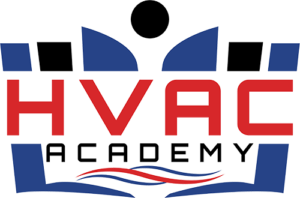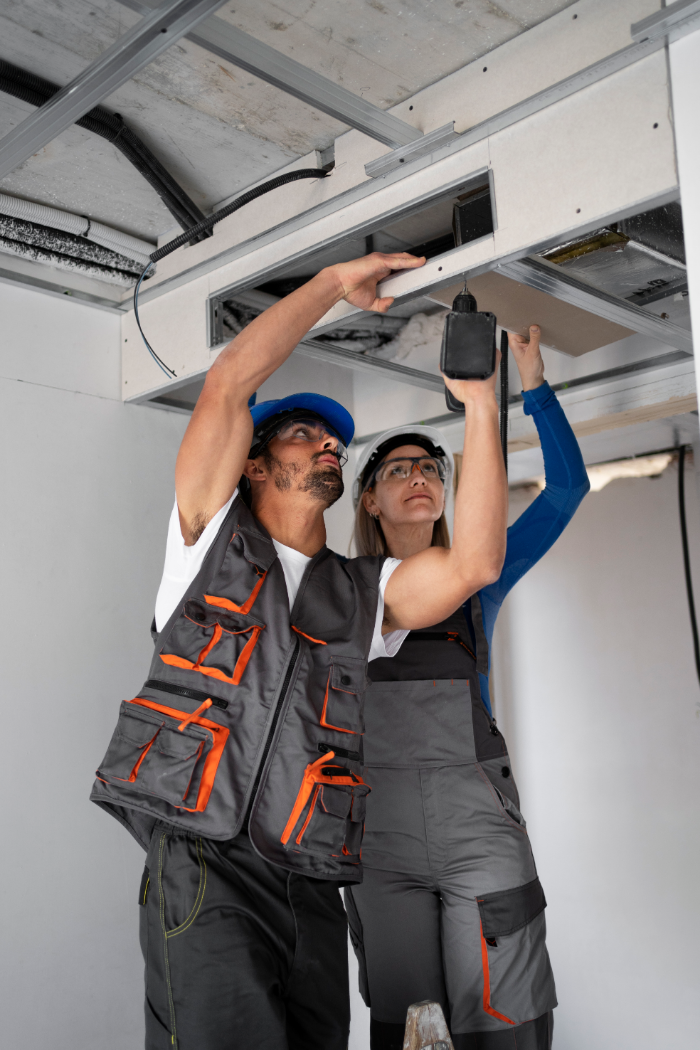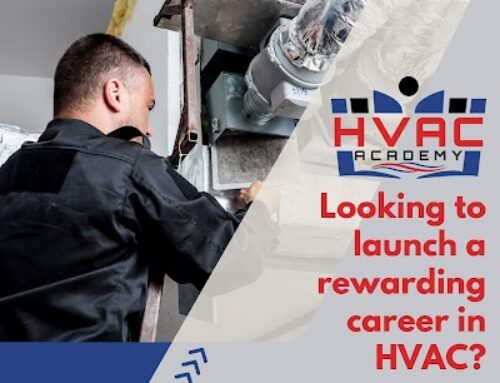Choosing the right training path is one of the most important decisions for anyone starting a career in heating, ventilation, and air conditioning (HVAC). Whether you’re just out of high school or changing careers, you’ve likely come across two main options: HVAC academies and traditional trade schools.
Both can prepare you for a rewarding technical career—but the right choice depends on your goals, timeline, and learning style.
1. Program Duration and Flexibility
HVAC Academies typically focus on accelerated, hands-on programs designed to get students job-ready in just a few months. This is ideal if you want to enter the workforce quickly without spending years in school.
Traditional Trade Schools, on the other hand, often follow semester-based schedules that can take one to two years to complete. While they may cover broader subjects, they tend to move at a slower pace.
2. Cost and Value
One of the biggest advantages of HVAC academies is affordability. Shorter programs mean fewer tuition costs and faster access to paid work. Many academies also include certification preparation within the course cost.
Traditional trade schools may charge higher tuition due to longer programs and added fees. However, they sometimes offer financial aid options and broader academic resources.
3. Learning Style: Practical vs. Theoretical
HVAC academies prioritize hands-on training in real-world environments. Students work directly with HVAC systems, tools, and diagnostics, making them more confident on the job from day one.
Trade schools balance practical labs with classroom instruction, focusing more on theory and general education. This can be beneficial for students who prefer structured academic learning or plan to pursue advanced certifications later.
4. Career Readiness
Graduates from HVAC academies often find employment faster thanks to job placement support and partnerships with local HVAC companies. Their training is designed to align with current industry needs.
Trade school graduates also enter the workforce with solid credentials, but they might require additional field experience to reach the same level of readiness as academy-trained technicians.
5. Which One Is Right for You?
If your goal is to start working quickly, minimize costs, and gain immediate practical skills, an HVAC academy is likely the best fit.
If you prefer a longer academic experience with broader coursework and potentially more credentials, a traditional trade school could be the better choice.
Start Your HVAC Career the Smart Way
Don’t wait years to build the career you want — choose an HVAC academy that focuses on practical, affordable, and fast-track training.
Learn real-world HVAC skills and start earning sooner.
Ready to begin? Contact us today to learn more about our accelerated HVAC Technician Training Program and how it can help you reach your career goals.






Leave A Comment